Forget boring workouts and one-size-fits-all plans. In 2025, smart wearable devices and artificial intelligence are changing the game—making fitness more personal, more fun, and way more effective.
So… You’re Saying AI Can Help Me Work Out Smarter?
Exactly.
Imagine this: You roll out of bed, check your smartwatch (or smart ring), and it already knows how you slept, how tired your muscles are, and what workout would be perfect for you today. It even suggests what to eat for breakfast based on your goals. No guesswork. No stress.
That’s what AI in fitness is doing right now in 2025. And it’s not science fiction anymore.
Whether you’re trying to get fit, stay active, eat better, or just not hate working out—AI fitness is here, and it’s changing the rules thanks to smart wearable devices and fitness technology.
Let’s break it all down and see why your next personal trainer might be… artificial.
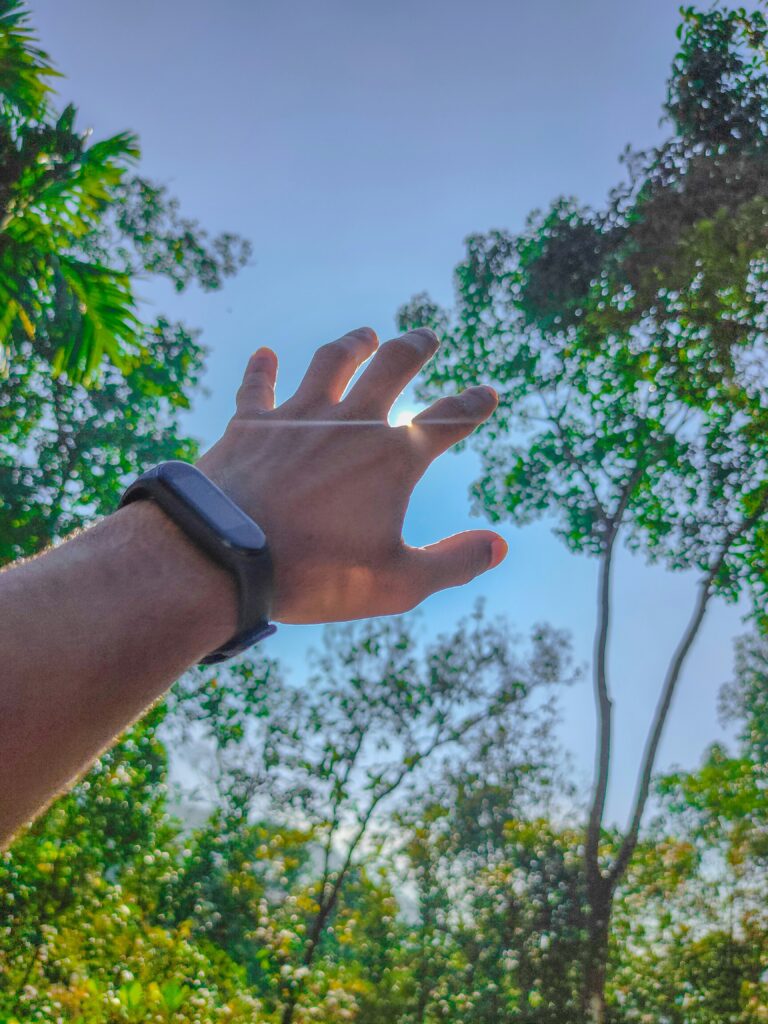
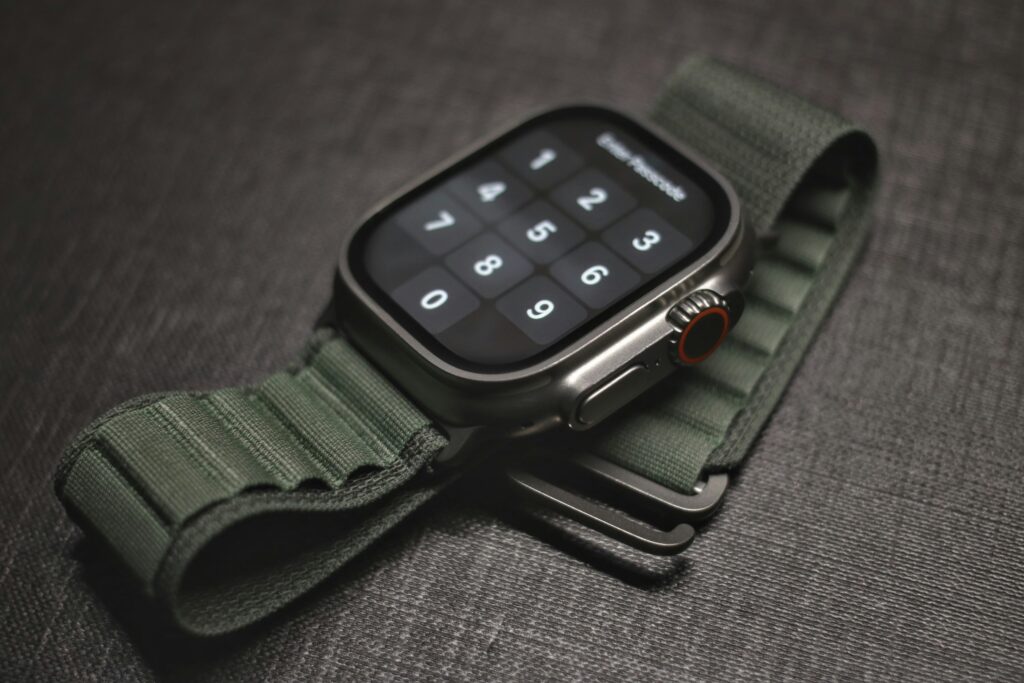
1. Personalized Workouts That Actually Work for You
Remember those one-size-fits-all workout plans? The ones that told everyone to do the same squats, the same meals, and the same 30-minute jogs? Yeah, those are history.
In 2025, fitness is all about workout personalization.
AI workout apps and wearable fitness trackers pull in data from all over—your smartwatch, sleep tracking wearables, food logs, even your DNA—and build personalized workout routines made just for you.
Let’s say you’re a night owl who sleeps late, has a knee injury, prefers home workouts, and wants to gain muscle. Your AI personal trainer knows that. And it adjusts everything:
- How long and intense your workouts are
- What moves are safe for your knees
- When you should train
- What you should eat
It even tracks your progress in real time and makes smart switches using predictive health tracking. This is adaptive fitness plans in action.
2. AI Meal Planning: Finally, Food That Fits You
Eating healthy isn’t easy—especially when every influencer says something different.
But now? AI makes sense of it all.
Thanks to AI meal planners, your nutrition game just got smarter. These tools build fitness meal planning options that actually fit your goals, allergies, lifestyle, and taste buds.
Trying to gain muscle but can’t eat dairy? Love spicy food? Hate cooking? No problem.
Your app might offer:
- Fast, high-protein meals tailored to you
- Grocery lists that avoid allergens
- Suggestions to fill vitamin gaps
Some even scan your fridge and whip up a recipe. It’s nutrition powered by AI-powered wellness—no guesswork, no wasted ingredients.
3. Fitness That Feels Like a Video Game?
Let’s be honest: Working out can feel like a chore.
That’s where gamified fitness comes in.
In 2025, your workouts can look more like quests than reps. Fitness gamification makes it possible to:
- Earn points and level up
- Compete in online challenges
- Unlock digital trophies
- Boost your in-game avatar through real-time workout feedback
Apps like FitRPG, Supernatural, or Zombies, Run! turn your jog into a zombie escape mission. Your treadmill becomes an adventure.
AR fitness takes it even further—imagine holograms guiding you through moves in your living room. Talk about smart home workouts.
4. Smart Wearable Devices: The Backbone of AI Fitness
If AI fitness is the brain, smart wearable devices are the eyes and ears.
Fitness wearables—like smartwatches, smart rings, sensor-packed clothing, and even biometric fitness tracking bands—are constantly collecting data like:
- Heart rate, steps, and calories burned
- Sleep quality and oxygen levels
- Stress markers and movement patterns
This data fuels everything. Your AI gym app uses it to:
- Modify your training based on fatigue
- Suggest rest days or recovery
- Prevent overtraining
- Set achievable, evolving goals
This is where wearable AI and health monitoring gadgets shine. It’s like your body can finally speak—and your AI-powered fitness journey listens.
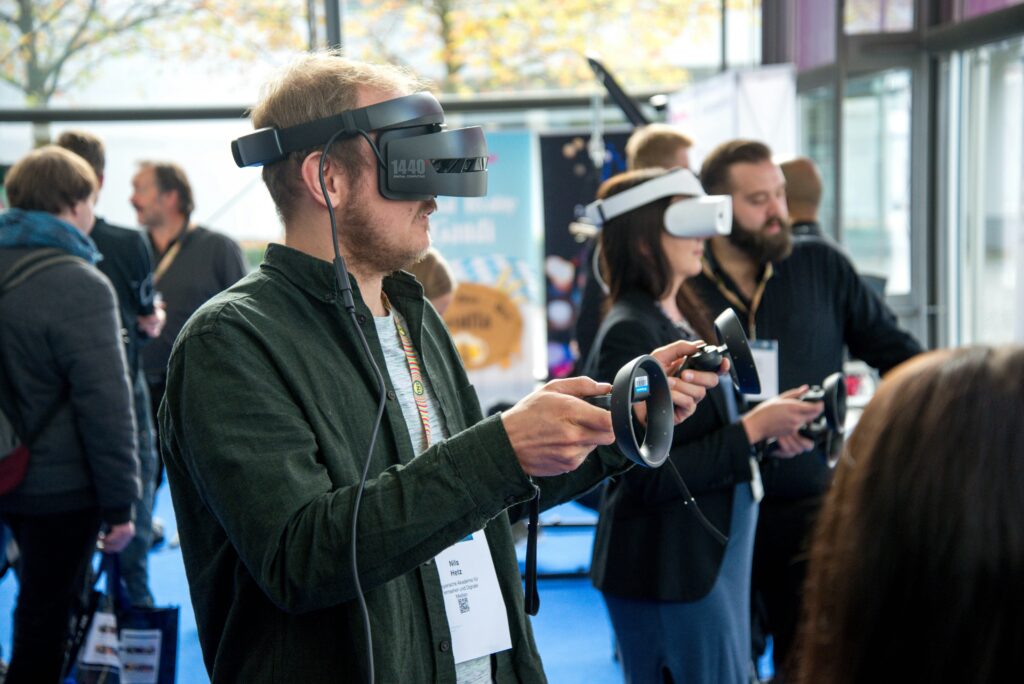
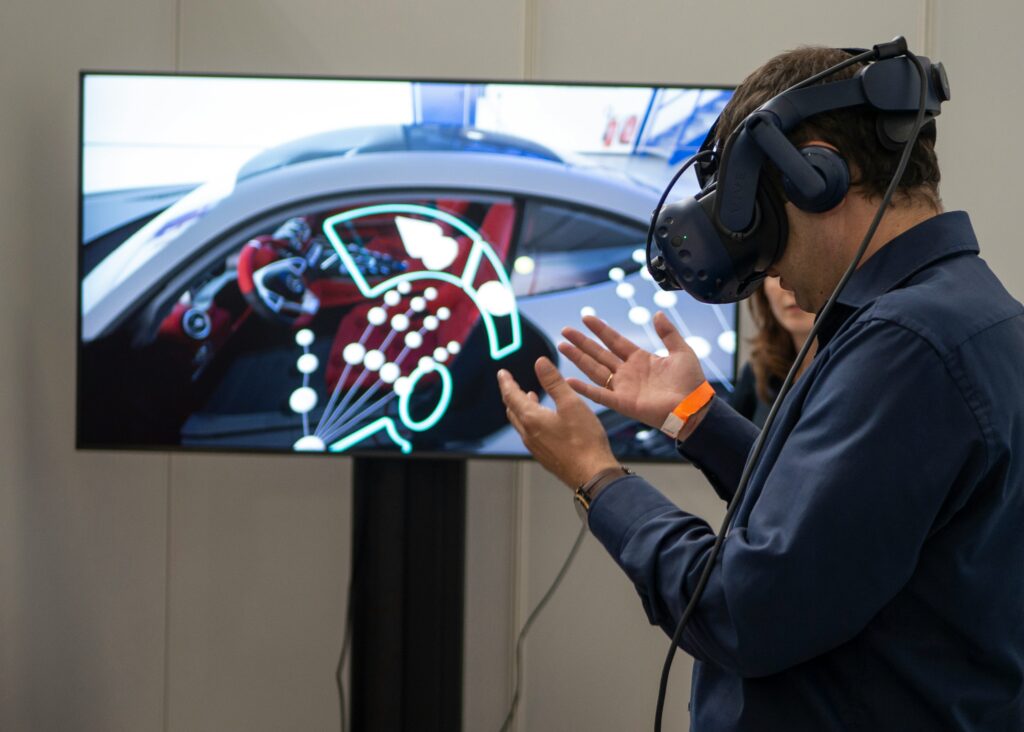
5. Working Out in Virtual Worlds?
Welcome to the age of virtual training studios.
Put on your VR headset and suddenly you’re sprinting across alien planets or sparring with holograms in a neon boxing ring.
Thanks to VR fitness and AR fitness, you can now:
- Burn calories while playing games
- Get live feedback in real time
- Feel like you’re part of a sci-fi adventure
Apps like Beat Saber or Supernatural make fitness immersive—and affordable too.
You no longer need a gym or coach—you’ve got a virtual fitness coach that lives inside your headset.
6. Real-Time Form Fixing—No Coach Needed
You know what ruins a good workout? Bad form.
But now, your smart fitness coach doesn’t need to be human.
Motion tracking fitness apps use cameras and sensors to:
- Watch your squats and lunges
- Spot bad form
- Correct you in real time
All using AI-driven fitness programs and gesture control fitness.
You’re doing pushups? Your app tells you if your back is sagging. Lunges? It checks your knee alignment.
This kind of fitness form correction used to need a live trainer. Now, it’s in your phone.
7. Fitness Isn’t Just Physical Anymore—It’s Whole-Body Wellness
The new definition of fitness? It’s not just about muscles. It’s about holistic wellness.
Your smart fitness assistant might also help you:
- Track daily stress
- Suggest breathing techniques
- Improve sleep cycles
- Encourage mindfulness or journaling
AI and mental health tools are integrated into your wearables. Some can even detect changes in mood based on body signals—and nudge you to pause, breathe, or meditate.
It’s fitness for your brain, too.
8. The AI Coach That Never Sleeps
Can’t afford a personal trainer? Don’t worry.
Your fitness AI coach is:
- Always on
- Always adapting
- Always adjusting your plan
These AI workout apps remind you to move, check your energy levels, and keep you motivated—all at your own pace. Some even talk you through the workout like a real coach using voice AI.
It’s like having a digital wellness companion in your pocket.
9. Sleep Better, Train Smarter
Want to level up your fitness? Start with sleep.
Sleep tracking fitness tools measure your:
- Sleep cycles (REM, deep, light)
- Interruptions and consistency
- Recovery status
Your smart wearable devices might then recommend:
- Bedtime routines
- Less screen time
- More magnesium-rich foods
Better sleep = better focus, stronger performance, and faster recovery. It’s all connected—and AI sees the full picture.
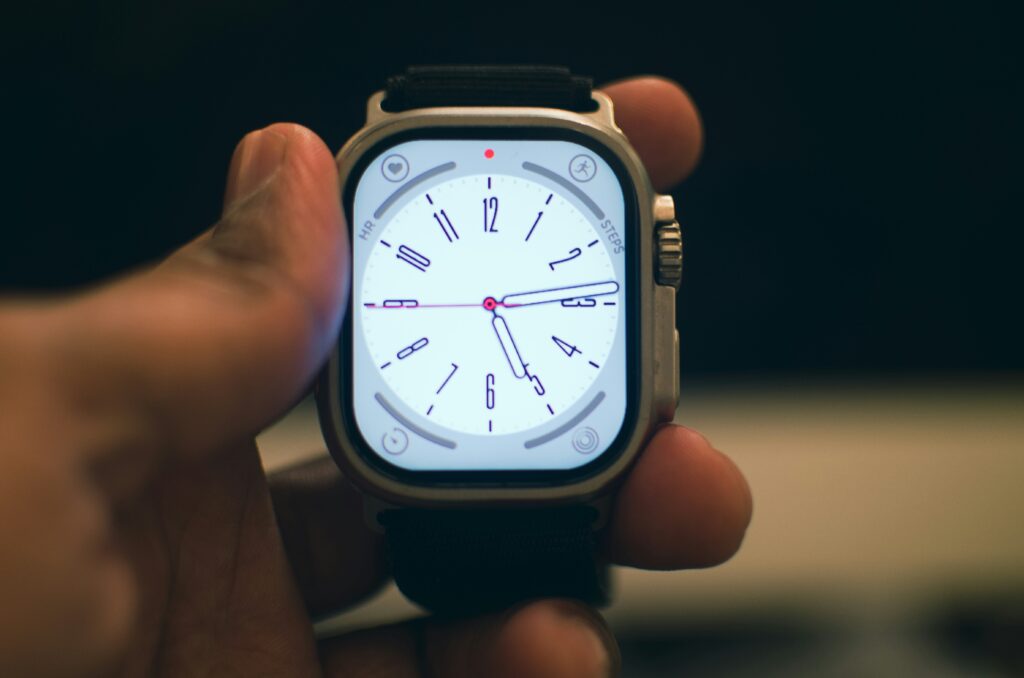
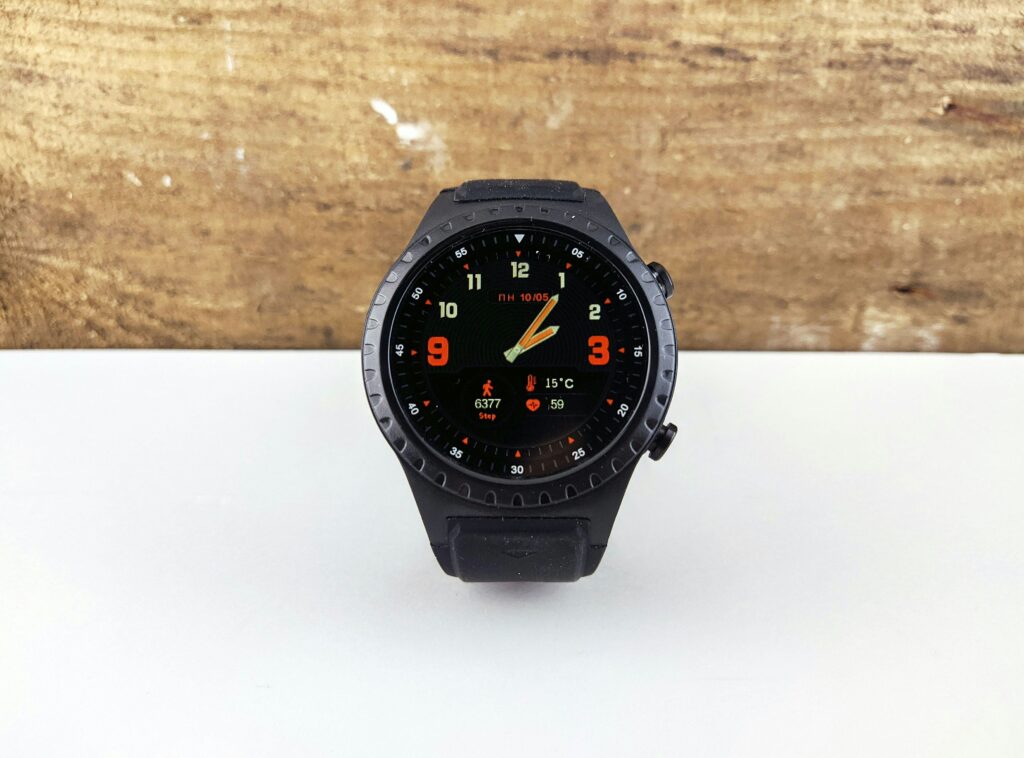
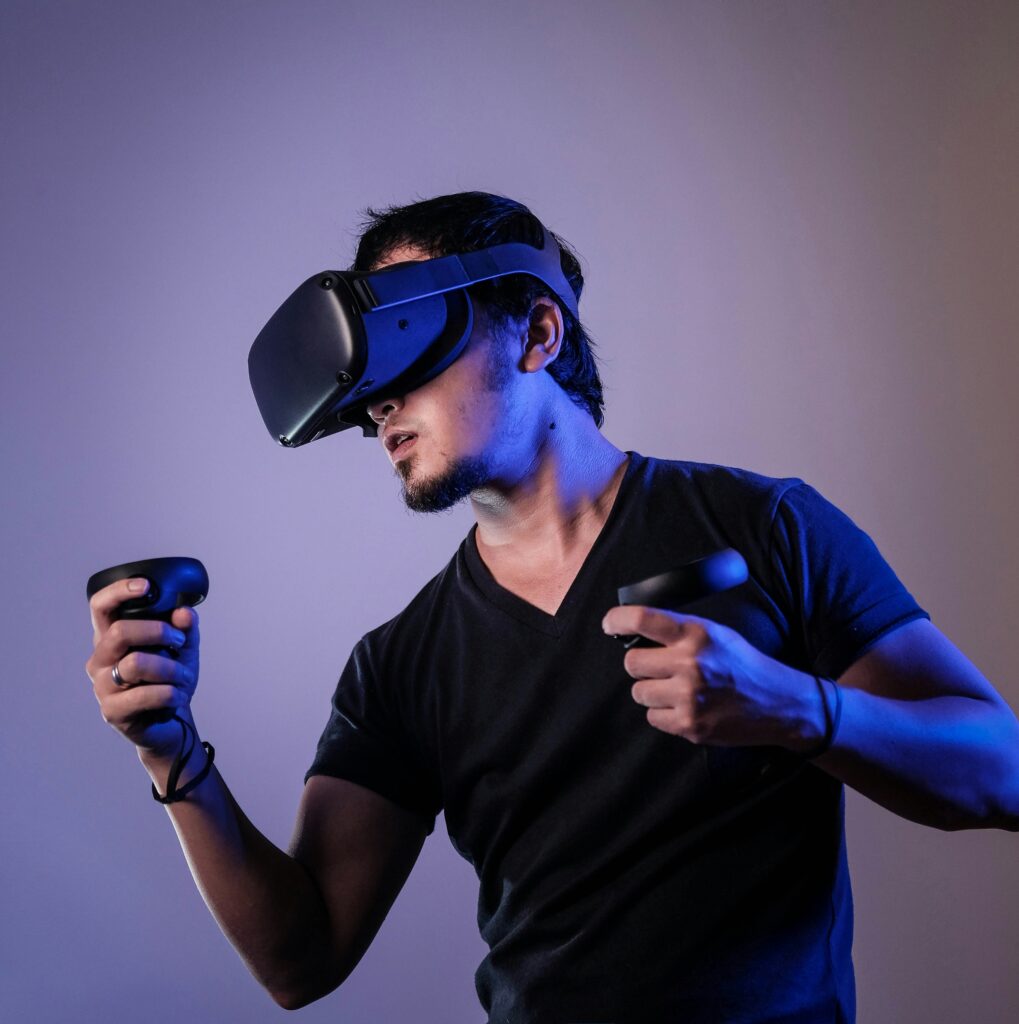
10. All Your Health Data in One Place
This is big: fitness app interoperability.
It means your apps talk to each other. Your fitness tracking app knows what you ate, how you slept, and how hard you trained.
The result? Better decisions.
Fitness data integration helps you:
- Avoid burnout
- Optimize performance
- Balance workouts with recovery
Your intelligent fitness system now operates like one smart ecosystem.
11. The Market Is Exploding—And It’s Just the Beginning
This isn’t a passing phase. It’s a full-on AI fitness revolution.
Check this out:
- The AI fitness trends market is expected to hit $24B by 2026
- Over 396 million smart wearable devices shipped in 2023
- Over $500M invested into fitness technology in a single year
That means faster innovation, better tools, and smarter options for every kind of user—from athletes to beginners.
12. The Roadblocks Ahead (Because Nothing’s Perfect)
Even the coolest tech has its flaws. Here are some challenges ahead:
- Data privacy: All that personal info? Needs to be protected.
- Bias in AI: Systems trained on one type of user may not serve everyone well.
- Tech access: Not everyone has a fitness smartwatch or high-end wearables yet.
The goal? Make tech-powered workouts safe, fair, and available to everyone.
13. What’s Next? A Peek Into the Future
We’re just scratching the surface. Coming soon:
- DNA-based personalized health apps
- AI-powered smart gym equipment
- Mood-tracking AI nutrition coaches
- Affordable connected fitness devices for everyone
This is next-gen fitness tech—AI-powered wellness that’s predictive, adaptive, and deeply personal.
It’s not about chasing perfection. It’s about becoming your best, healthiest, most balanced self.
The Future of Fitness Is Now
Smart wearable devices and AI in fitness aren’t replacing humans—they’re enhancing the experience.
Whether you’re tracking steps, adjusting meals, or crushing your VR cardio session, AI is now your smartest workout buddy.
So the next time you open your app or check your stats, remember: your smartest, most tireless fitness coach might already be on your wrist—or in your pocket.
